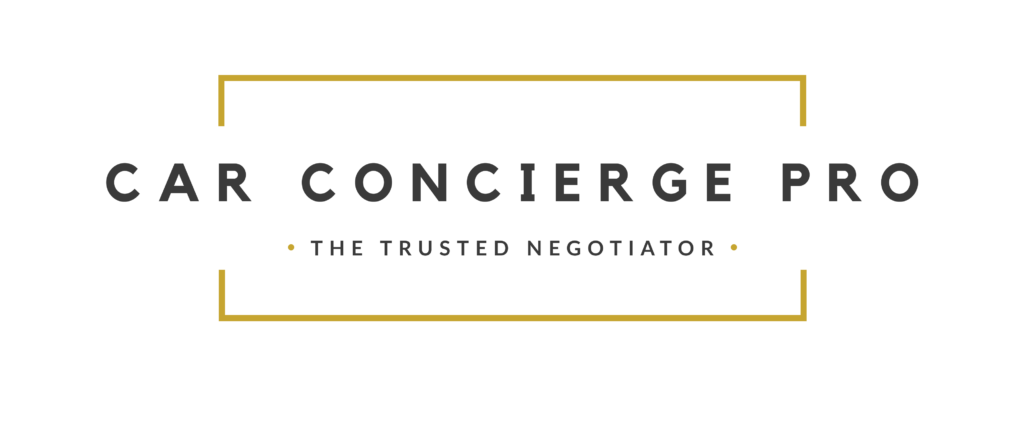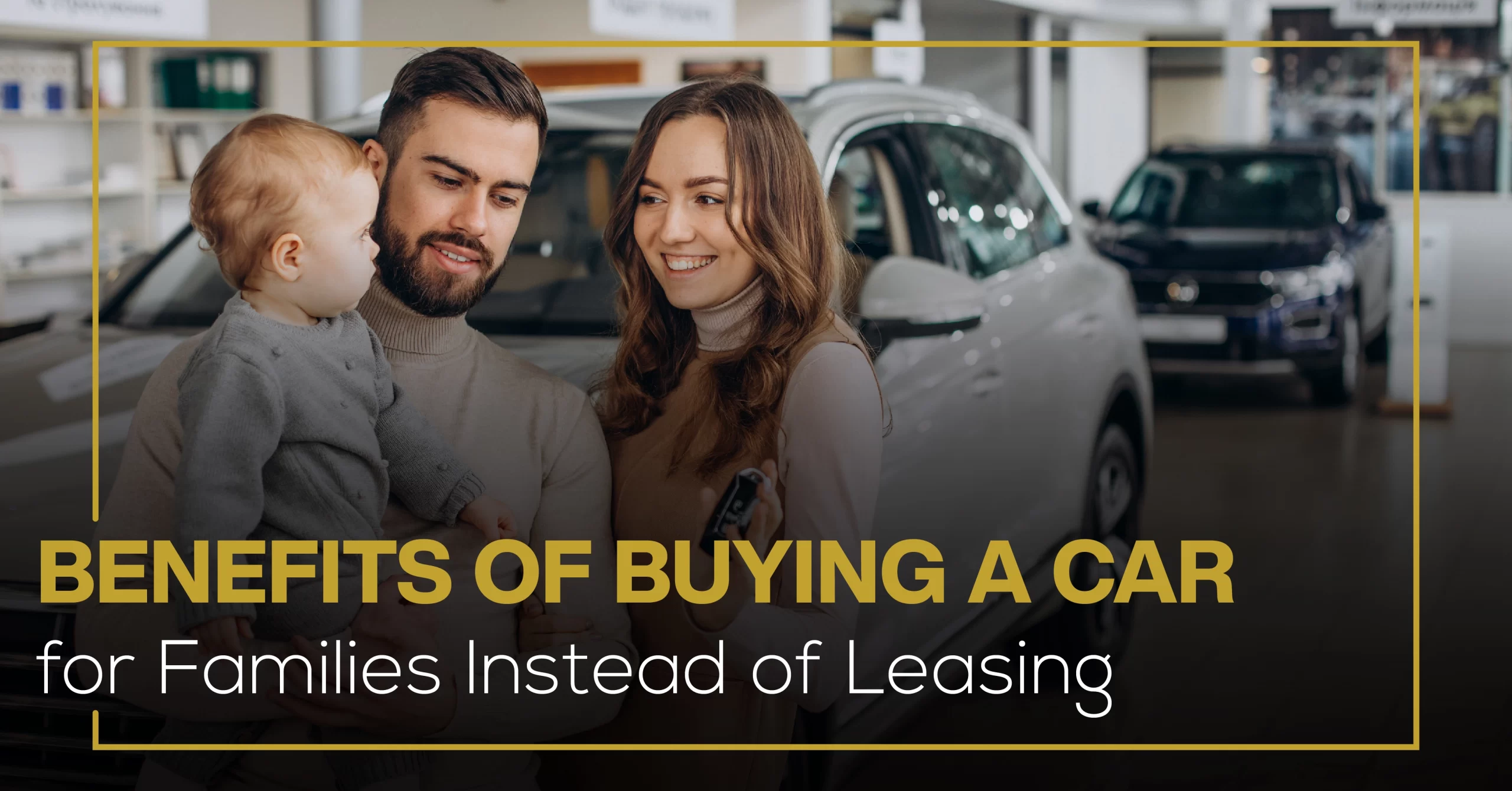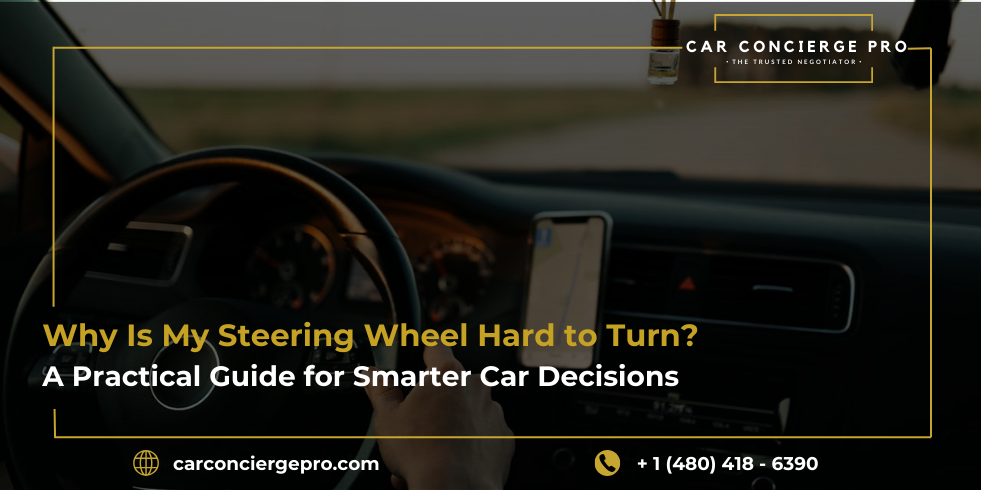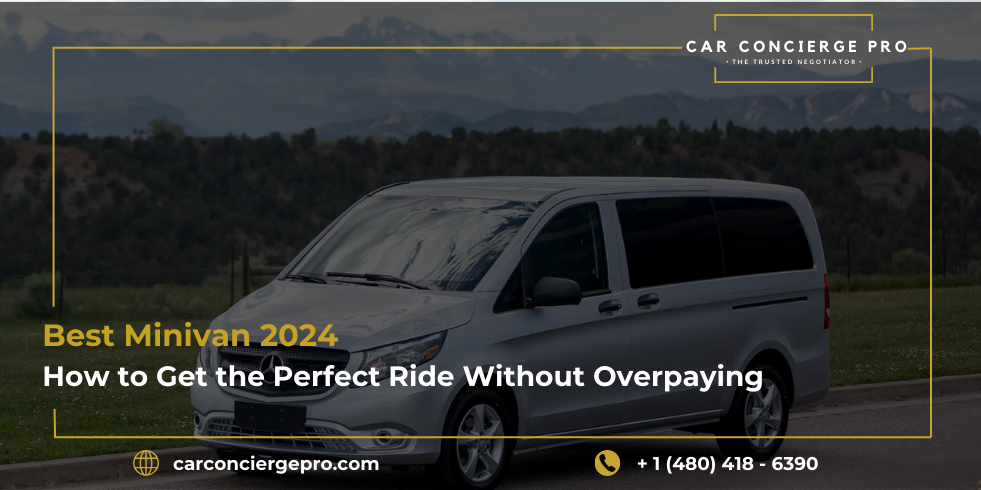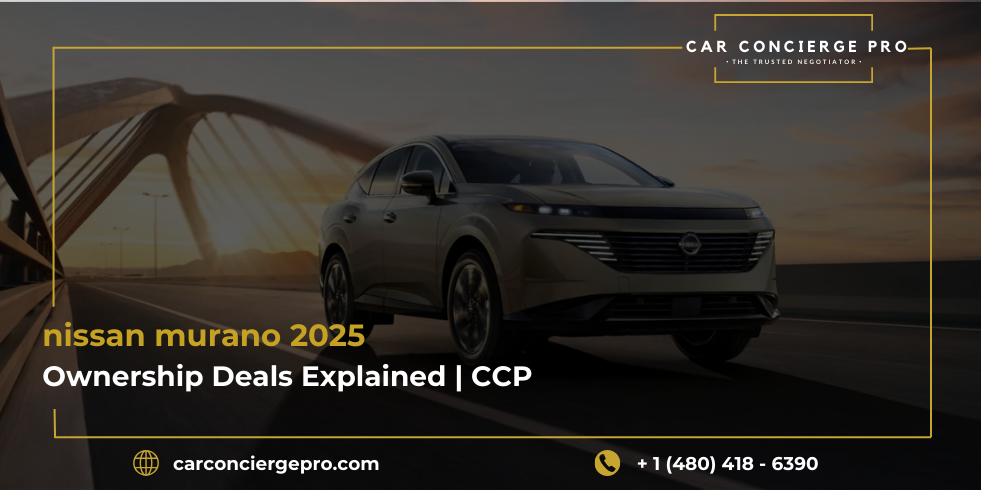The decision of whether to lease or buy a new car ultimately boils down to your priorities. Apart from crucial elements like ensuring high safety ratings and reliability, there are a multitude of features that demand consideration as they greatly impact the overall driving experience. These include finding optimal seating arrangements that cater to your family’s specific needs, potentially accommodating car seats if required.
Additionally, having ample storage space becomes essential to accommodate all the necessary kid gear you frequently carry. Furthermore, providing back-seat passengers with conveniences such as charging ports, built-in sun shades, and extra vents can significantly enhance their comfort during journeys.
Even if you manage to identify the perfect car that meets your current requirements, it’s crucial to bear in mind that your preferences may evolve and change over time due to family growth and other factors.
Leasing or Buying a Car: Key Differences
When it comes to acquiring a car, there are two main options to consider: leasing or buying. These choices offer distinct differences and factors to weigh.
Leasing a vehicle involves paying for the privilege of driving it for a specified period, usually spanning 24 to 36 months, though longer lease options exist. However, certain restrictions like mileage limits and limitations on modifications must be considered. Additionally, various fees come into play during the lease term.
When the lease period ends, you have two choices: either return the vehicle to the dealer or purchase it at a predetermined price as stated in the lease agreement.
On the other hand, buying a car results in immediate ownership. If you pay the full purchase amount upfront, you become the outright owner. If you opt for financing, you gain ownership once the loan is fully repaid. Buying a car grants you complete control over all aspects of the vehicle, and you are free to keep it for as long as you wish, trade it in, sell it, or even give it away according to your preferences.
| Leasing involves renting a car for a set period, while buying means you own it outright and build equity through monthly payments if financed.Leasing benefits include lower upfront costs, lower monthly payments, and no hassle of reselling the car.Buying offers car ownership, control over mileage, and a clear understanding of long-term costs.Experts often recommend buying as a better long-term financial decision. |
Benefits of Buying A Car Instead Of Leasing
If you want to have a car for your family, buying can offer several significant benefits compared to leasing. While leasing has its merits, buying a car can be a more suitable and advantageous option, especially for families with specific needs and long-term considerations.
- Ownership: Buying a car means you gain full ownership of the vehicle. This offers a sense of security and control, allowing you to customize and modify the car to better suit your family’s preferences and requirements. You can also keep the car for as long as you desire without being limited by lease agreements or mileage restrictions.
- Equity Building: Unlike leasing, where you essentially rent the car for a specific period, buying allows you to build equity in the vehicle over time. As you make monthly payments, you work towards owning the car outright, and once the loan is paid off, you eliminate further payments, leading to potential long-term savings.
- Unlimited Mileage: Families often engage in various activities and trips, which can involve extensive driving. Buying a car removes the worries of mileage limits, giving you the freedom to use the vehicle as much as needed without incurring extra charges.
- Cost Certainty: While leasing may initially offer lower monthly payments, it also comes with additional fees, such as those for excessive wear and tear or mileage overages. Buying a car allows you to have a firm idea of your long-term costs, with the knowledge that your payment obligations will eventually end once the loan is fully repaid.
- Resale Value: When you own the car, you have the option to sell it or trade it in when the time comes for an upgrade. This potential resale value can be beneficial for families looking to invest in a future vehicle.
While leasing can be attractive for certain individuals, buying a car offers unique advantages for families, providing stability, ownership, and potential savings over the long haul.
Deciding between Car Buying & Car Leasing
Deciding between buying and leasing a new car is not a straightforward task. Each option presents its own set of advantages and limitations.
- Leasing may offer lower monthly payments, but the drawback is that you do not automatically own the vehicle. Lessees are bound by strict lease agreements and may face additional costs for damages or exceeding mileage limits when returning the car at the end of the lease term.
- onversely, buying a car requires a higher upfront cost as you must pay the entire purchase price. However, once you’ve paid off the loan, your payments come to an end, and you become the rightful owner of the car. It’s important to note that buying a vehicle also entails higher sales taxes compared to leasing.
Closing Thoughts
The timeless appeal of buying a car has made it the preferred choice for many individuals seeking a new ride, offering full ownership and control over the vehicle. On the other hand, leasing resembles an extended rental, providing lower monthly payments but without automatic ownership.
The decision between buying and leasing a new car is not easy, as each method comes with its own set of advantages and limitations. Leasing may offer lower monthly payments, but you don’t automatically become the owner of the vehicle. In contrast, buying a car involves a higher upfront cost as you pay the entire purchase price, but once you complete the car loan payments, you rightfully own the car, and the payments come to an end.

